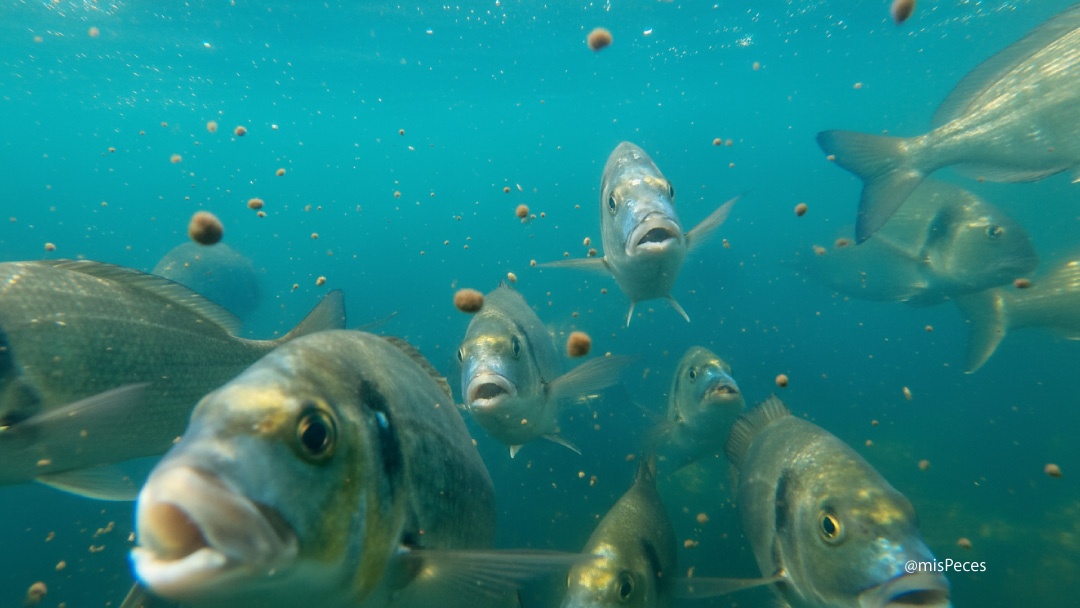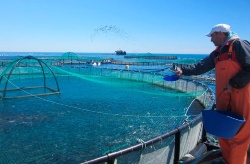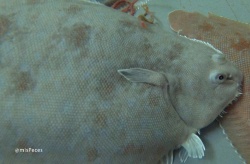
In aquaculture, feed has traditionally been understood as nutrition: a way to meet the energy and protein requirements of farmed fish. But advances in epigenetics are reshaping that vision. Today, scientists argue that feed is no longer just fuel – it’s also a programming tool capable of reconfiguring how fish grow, metabolize nutrients, and resist stress.
The implications for the industry are profound: faster growth, lower feed costs, healthier stocks, and a production model aligned with sustainability goals.
Epigenetics refers to molecular changes that regulate gene activity without altering the DNA sequence itself. These changes, often triggered by diet, stress, or environmental conditions, can adjust how efficiently a fish absorbs nutrients, grows, or defends itself against disease.
Crucially, some of these changes are heritable, meaning the benefits of one generation’s diet can be passed on to the next. For farmers, this transforms feed from a short-term input into a long-term investment in productivity.
Stage-specific diets are at the heart of this new paradigm. Feeding larvae or juveniles with protein-rich or omega-3-enriched diets can “program” their metabolism, ensuring better feed conversion later in life. Research in tilapia and rainbow trout has shown clear gains in growth rates through such nutritional interventions.
Functional additives such as probiotics, prebiotics, and plant-based compounds also play a role. For example, probiotics have been proven to modify immune-related genes in Nile tilapia, improving both health and feed efficiency.
Broodstock conditioning goes a step further: when breeders receive targeted diets before spawning, their offspring inherit epigenetic marks that make them predisposed to grow faster and use feed more efficiently. This means the next generation already starts with a competitive edge.
Stress is one of the biggest hidden costs in aquaculture. Fish exposed to crowding, poor water quality, or temperature fluctuations often waste energy that could go into growth. Epigenetic research shows that tailored diets enriched with antioxidants and fatty acids can regulate stress-response genes, keeping fish on a productive trajectory even under challenging conditions.
The result is more predictable growth and lower losses – both vital for farm profitability.
Selective breeding programs are beginning to integrate epigenetic markers alongside genetic ones. Identifying methylation patterns linked to growth or feed efficiency could accelerate the development of strains that make the most out of every pellet.
Combined with smart feeding strategies, this approach points towards a precision aquaculture model where feed is designed not only to nourish but also to unlock genetic potential.
For fish farmers, the message is clear: feed is no longer just nutrition, it’s a programming tool. By working closely with feed manufacturers and researchers, farms can integrate stage-specific diets, functional additives, and broodstock conditioning into their management strategies.
The payoff? Faster growth, lower feed conversion ratios, healthier fish, and a more sustainable industry ready to meet the challenges of global demand.





